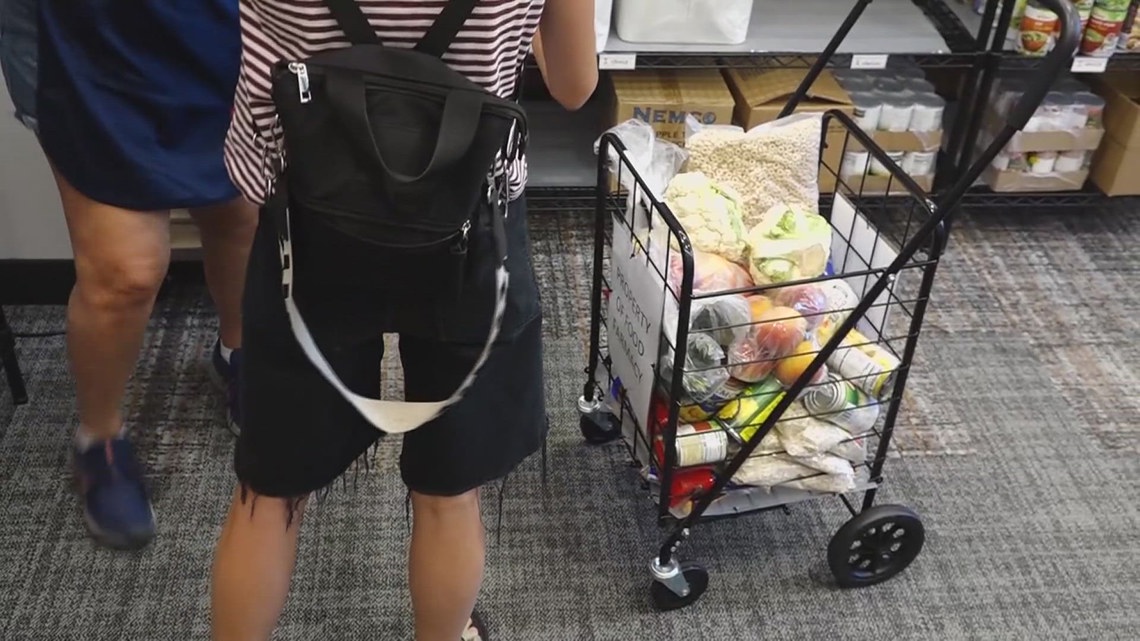
As of September 1, significant changes to the Supplemental Nutrition Assistance Program (SNAP) have been implemented, impacting how food assistance is administered to certain demographics. Under the new federal regulations, adults aged 18 to 54 without dependents must now engage in at least 20 hours of work, training, or volunteer activities each week to maintain their benefits. This modification stems from a reconciliation bill passed by Congress earlier this summer, aiming to address the economic conditions exacerbated by the continuing aftermath of the COVID-19 pandemic.
The implications of these new requirements are already being felt across states like Iowa and Illinois, where food insecurity remains a pressing issue. “Thousands of families across Iowa and indeed the country are poised to lose either some or all of their benefits,” remarked Paige Chickering, Iowa State Manager for the Save the Children Action Network. “The repercussions on food insecurity levels could be monumental.”
In Iowa, approximately 260,000 residents depend on SNAP, with nearly half of this population comprising children. While the new mandates do not apply directly to minors, advocates emphasize that any cuts to benefits received by parents can severely affect entire households. This interconnectedness highlights the cascading effects of national policy changes on local communities.
Anne Discher, Executive Director of Common Good Iowa, expressed concern about the increased strain these changes may place on already overwhelmed food pantries. “We are likely to witness a surge in individuals and families turning to food pantries to fill the gaps left by reduced SNAP benefits,” Discher noted. As families lose access to vital financial assistance, the demand for emergency food services is expected to rise sharply, placing further pressure on local resources.
Moreover, the Quad Cities may serve as a microcosm for understanding how these rules will manifest across state borders. Discher pointed out that the differing regulations between Illinois and Iowa could lead to disparate experiences for residents depending on their geographical location. “Living on either side of the river may result in a different SNAP experience, which is disconcerting,” she added.
Additional changes are slated for November 1, which will broaden the work requirement age range to include recipients up to age 64 and eliminate exemptions for veterans, individuals experiencing homelessness, and youth in foster care. Recipients who believe they may qualify for exemptions are encouraged to update their case information through the Illinois Department of Human Services or the Iowa Department of Health and Human Services.
As these new regulations unfold, community advocates and organizations remain vigilant, preparing to navigate the challenging landscape of food assistance in an evolving economic climate.


